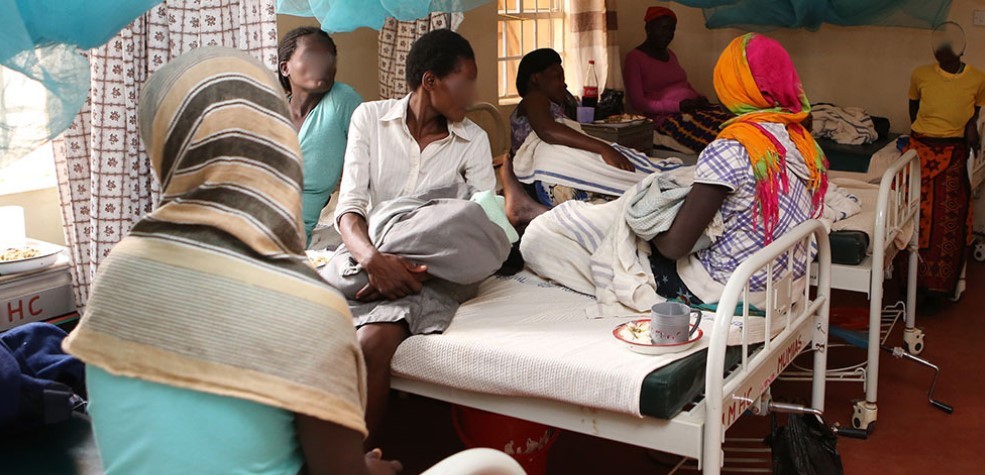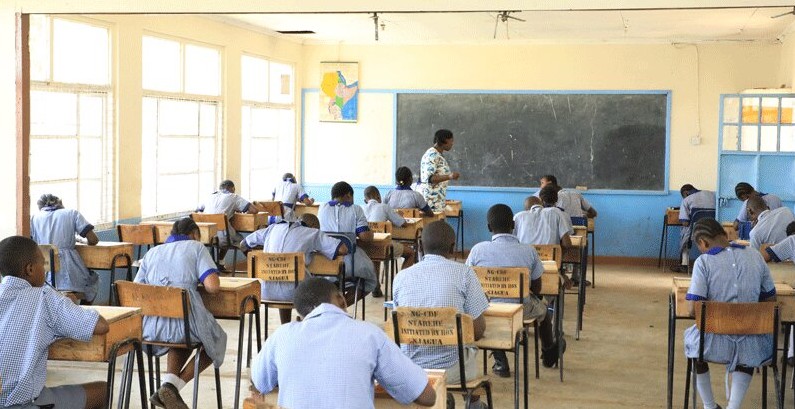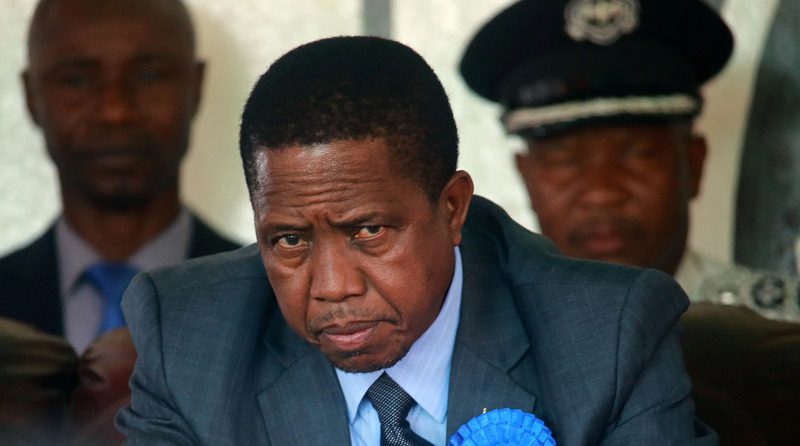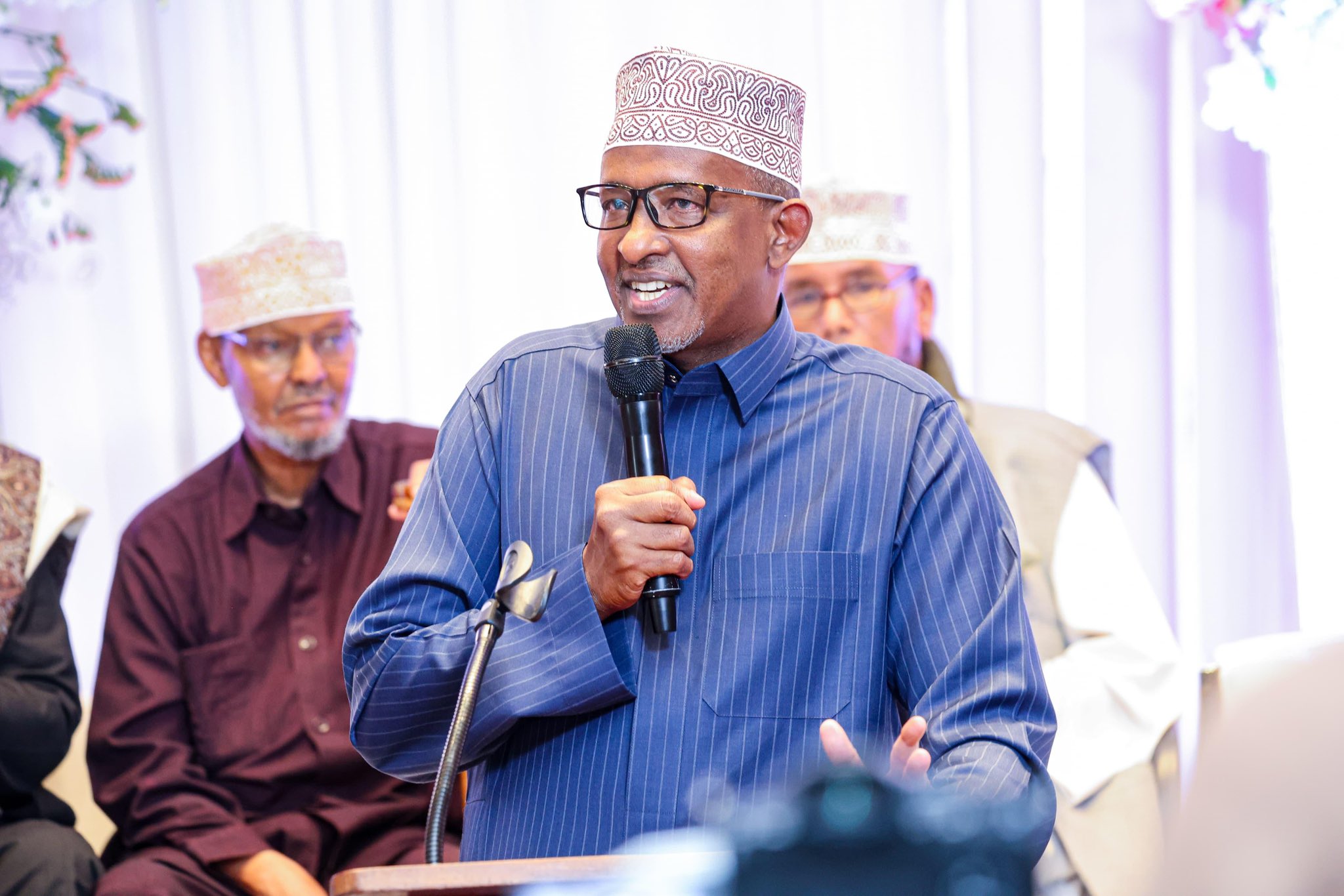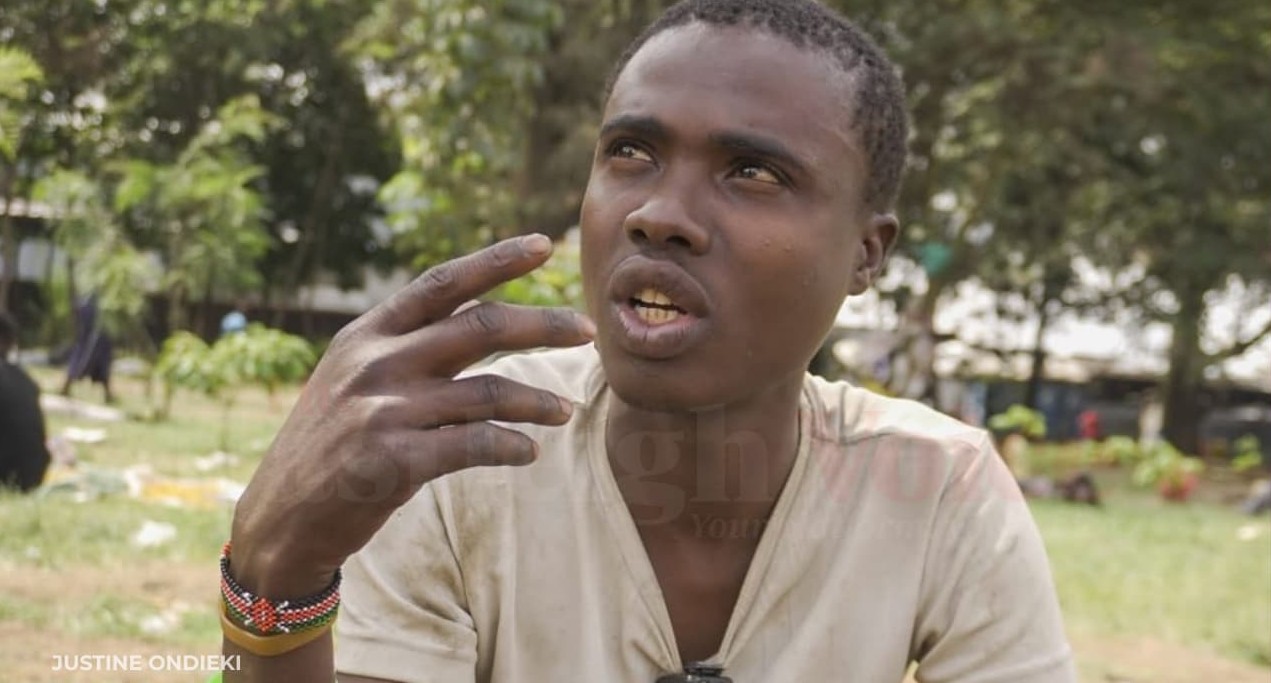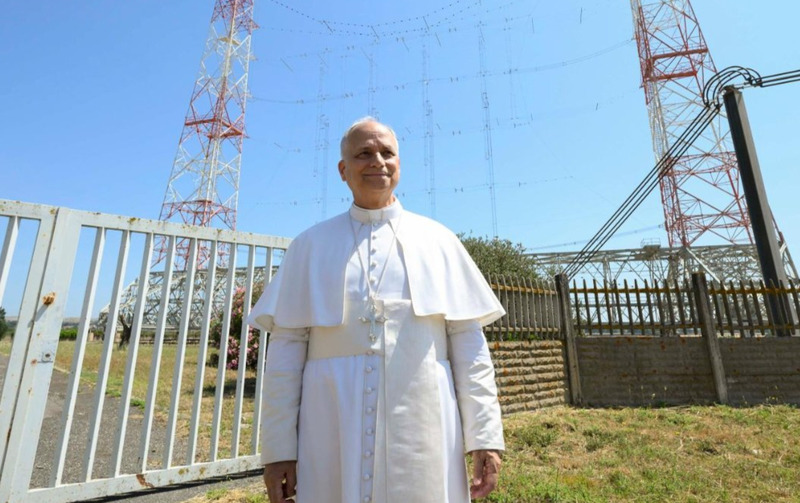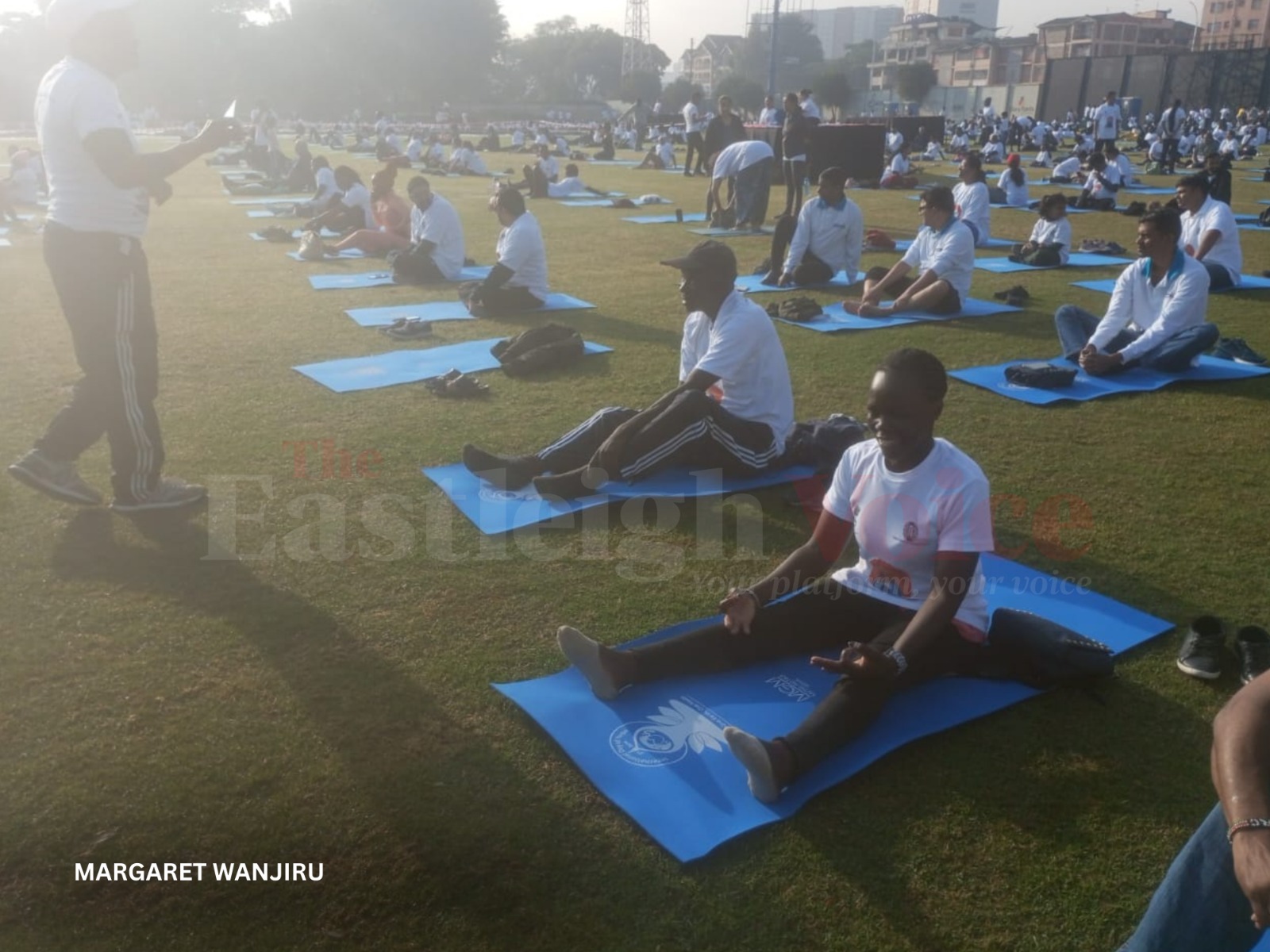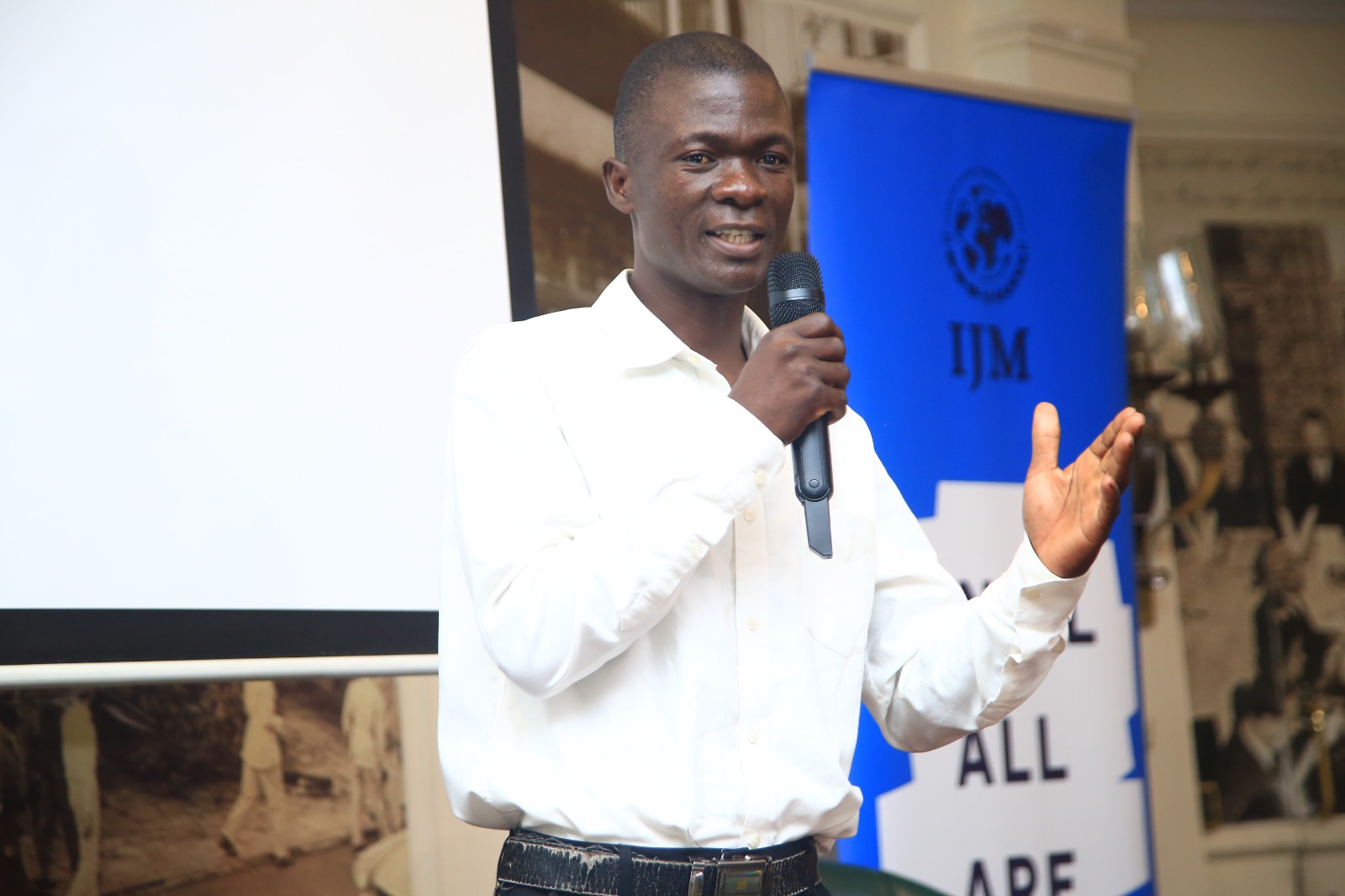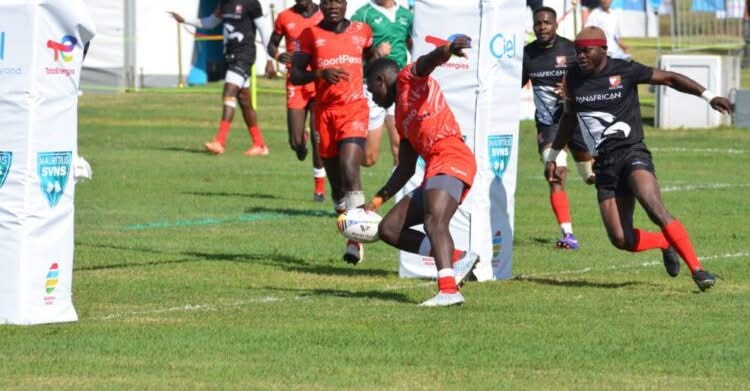Returning farmers face land disputes, hardship in rebel-held eastern DR Congo
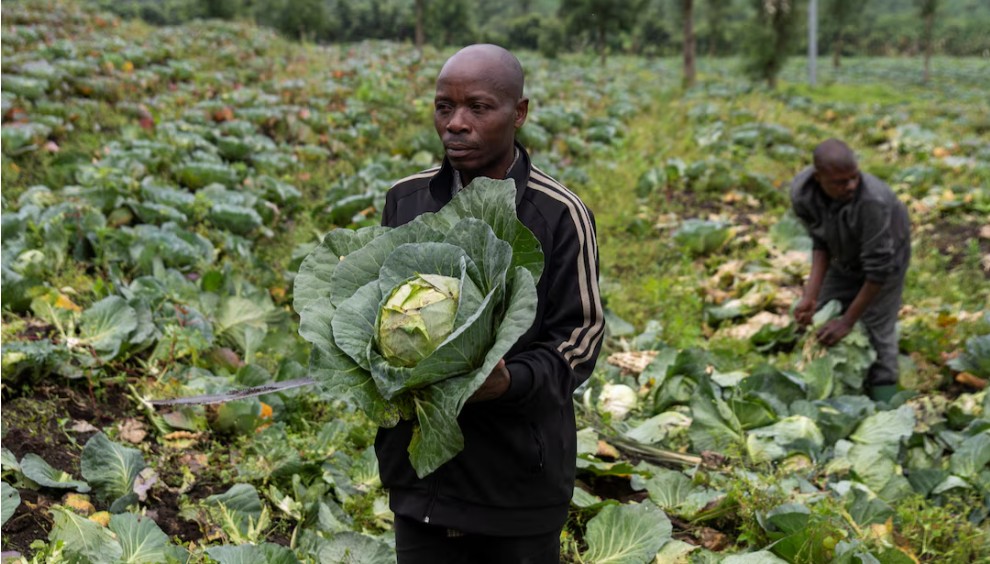
Many had little choice after M23 dismantled displacement camps upon seizing Goma, eastern DR Congo's largest city, in late January.
Farmers in a breadbasket town in eastern Democratic Republic of Congo (DRC) who previously fled heavy fighting are facing new challenges as they return to tend fields now under rebel control, a phenomenon playing out across the war-hit region.
The unprecedented advance by M23 rebels, part of a decades-long conflict rooted in the Rwandan genocide against the Tutsi, has forced 1.2 million people from their homes in North and South Kivu provinces since January, according to the International Organisation for Migration.
More To Read
- 17 bodies recovered after landslide at mining site in North Kivu, DRC
- Former Belgian official may face trial for role in Patrice Lumumba’s assassination
- At least 29 killed as unseasonal heavy rains devastate DRC capital Kinshasa
- Vatican beatifies Congolese customs officer killed for rejecting a bribe
- Behind rebel lines: My 72-hour journey with M23 through Goma
- DR Congo: Dozens dead as boat capsizes in Lake Tumba
During the same period, some 1.8 million people – more than 350,000 households – have returned to homes they had earlier vacated, the UN agency says.
Many had little choice after M23 dismantled displacement camps upon seizing Goma, eastern DR Congo's largest city, in late January.
That was the case for Ndagijimana Ntaboba, 48, a vegetable farmer in the town of Kibumba, situated along National Road 2, roughly 25 kilometres north of Goma, an area hit hard by years of fighting between M23 and Congo's army.
Fertile fields
Kibumba is famous for its fertile fields of cauliflower, cabbage, carrots and beets that feed Goma and other nearby cities and towns.
But as clashes intensified several kilometres outside Kibumba in 2022, Ntaboba fled with his family to the village of Kanyaruchinya closer to Goma, leaving his farm behind.
This year, with M23 pressuring displaced Congolese to go back to their homes, Ntaboba returned to find his land was being worked by another family. He had to pay the family some $600 for the harvest.
"We spent three years living in very poor conditions. It was a great suffering. We went hungry for days," Ntaboba told Reuters of his time in Kanyaruchinya.
Now at home with his wife and eight children, he has been forced to borrow money from relatives to get back on his feet, he said.
Recently returned
More than 60,000 people fled Kibumba during earlier fighting, but 59,700 have recently returned, according to government and UN figures.
Some told Reuters their homes had been destroyed by bombs and they lacked seeds to replant their fields.
"The situation for them is very precarious, because they are not getting much help," Jan Egeland, secretary general of the Norwegian Refugee Council, told Reuters after speaking to families in the region.
"I was struck by how happy they were to have returned," he added, though it often was not voluntary.
"They said no, we were forced out of the camps. We had 48 to 72 hours to return home."
Egeland expressed concern that land disputes, if not properly resolved, could lead to new tensions.
Top Stories Today
